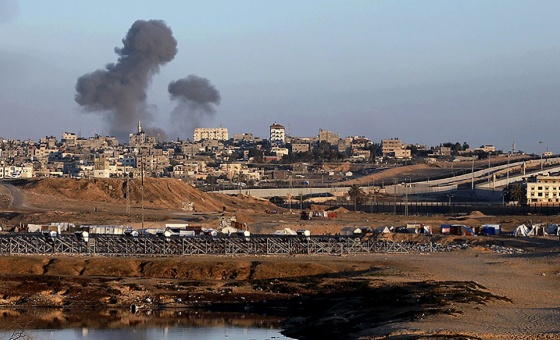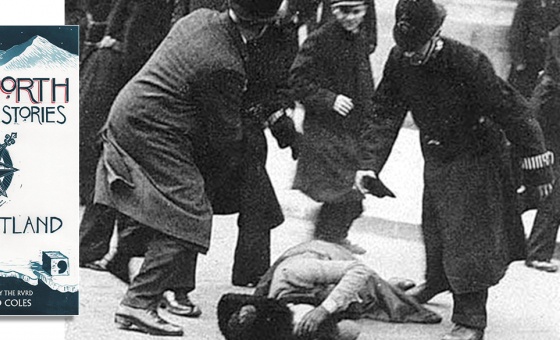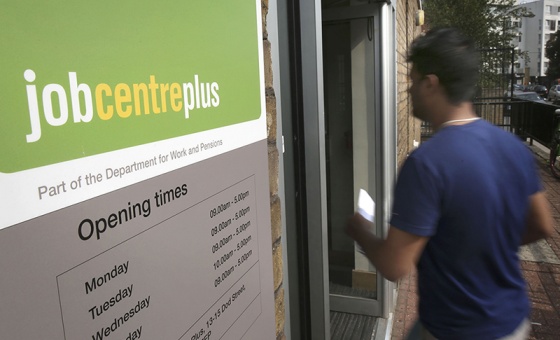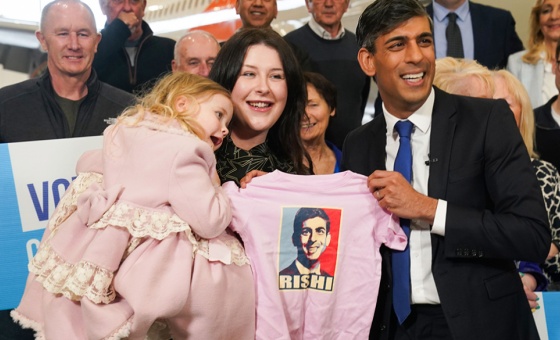ENGLAND’S chief medical officer, Professor Chris Whitty, warns us not to expect an approved Covid-19 vaccine before the winter of 2020/21.
Many scientists agree that, when it finally does arrive, it should prove to be the most effective weapon against the disease.
Almost certainly, however, even the most effective vaccine will not eliminate Covid-19 altogether, still less mutations of it.
Moreover, the likelihood of discovering a vaccine in the not-too-distant future should not allow complacency when it comes to combating the corovavirus here and now.
For the past three weeks, the daily death toll in Britain has remained low and constant at fewer than 20, while the slight upward trend in daily new cases since mid-July may be largely attributed to increased and targeted testing.
Yet there are still serious localised outbreaks which could easily spread if counter-measures are not sufficiently robust and enforced.
Meanwhile, too many people continue to ignore safety rules or advice, especially when it comes to social distancing and masking-up in enclosed public spaces.
The resurgence of Covid-19 in countries as varied as Belgium, Indonesia, Poland and South Korea shows how suddenly or quickly the disease can flare up again, especially when counter-measures are relaxed too soon.
Meanwhile, the quest for a vaccine goes on. Seven possible vaccines are in or about to enter the third stage of internationally recognised clinical-trial procedures.
Three are in China, two in the US (one with major Australian participation), one in Oxford (with Indian and US involvement) and another is a joint project led from the US and Germany.
Authorities in Russia have been the first to approve a vaccine for medical use and are supplying a first batch to Mexico for public testing.
There are concerns that some trial procedures may have been skipped or applied inadequately and discussions are under way with the World Health Organisation.
Significantly, all these projects rely substantially on state funding and participation in one form or another. They also represent different forms of international co-operation.
The Chinese vaccines are being trialled on a large scale in countries such as Brazil and Indonesia where the pandemic is in full swing.
Some may be expensive when they come on the market towards the end of this year, although it remains to be seen how the Chinese state-owned and private companies will set their prices.
Chinese president Xi Jinping has announced that his country’s vaccines are being produced as a “global public good.”
This stands in contrast to President Donald Trump’s “America First” policy, under which his $10 billion Operation Warp Speed public-private project refuses to collaborate with WHO, Chinese or EU initiatives to develop a vaccine.
Its funding of “big pharma” corporations — including AstraZeneca’s work at Oxford — invariably includes contracts to buy large supplies of any approved vaccine for the US.
The British government is also entering deals with drug companies for the delivery of vaccines when these successfully complete their trials.
While it is right that governments should act to ensure the availability of vaccines for their own people, Covid-19 is a pandemic.
It has infected more than 23 million people across all the world’s continents.
Many of the hardest-hit countries are also among the poorest, reflecting their worse living, sanitation and healthcare conditions.
In the scramble for a vaccine — and for the syringes with which to administer it — the wealthiest countries and corporations must not be allowed to ignore our common humanity.
Vaccines must be equally available to all.












